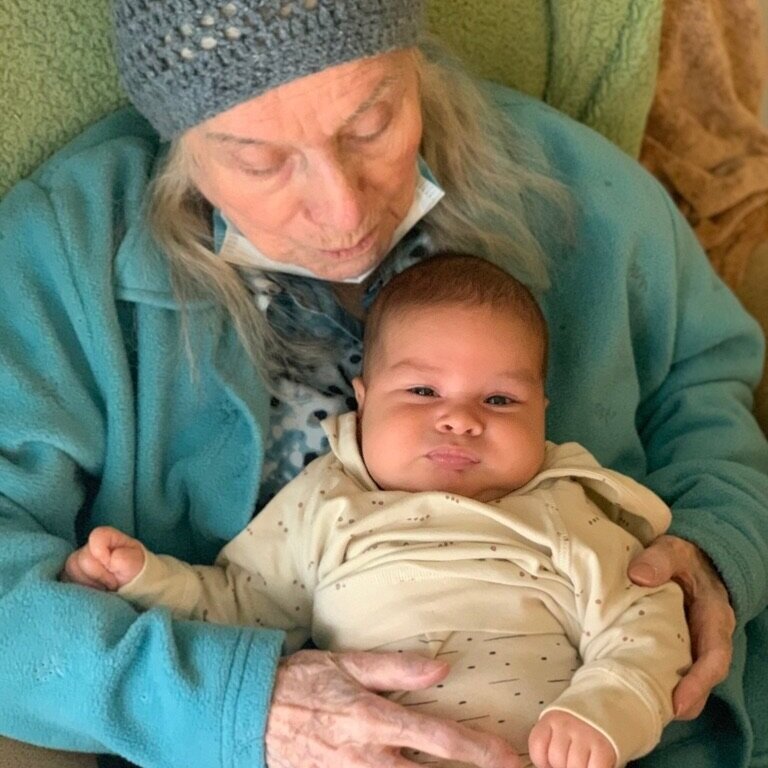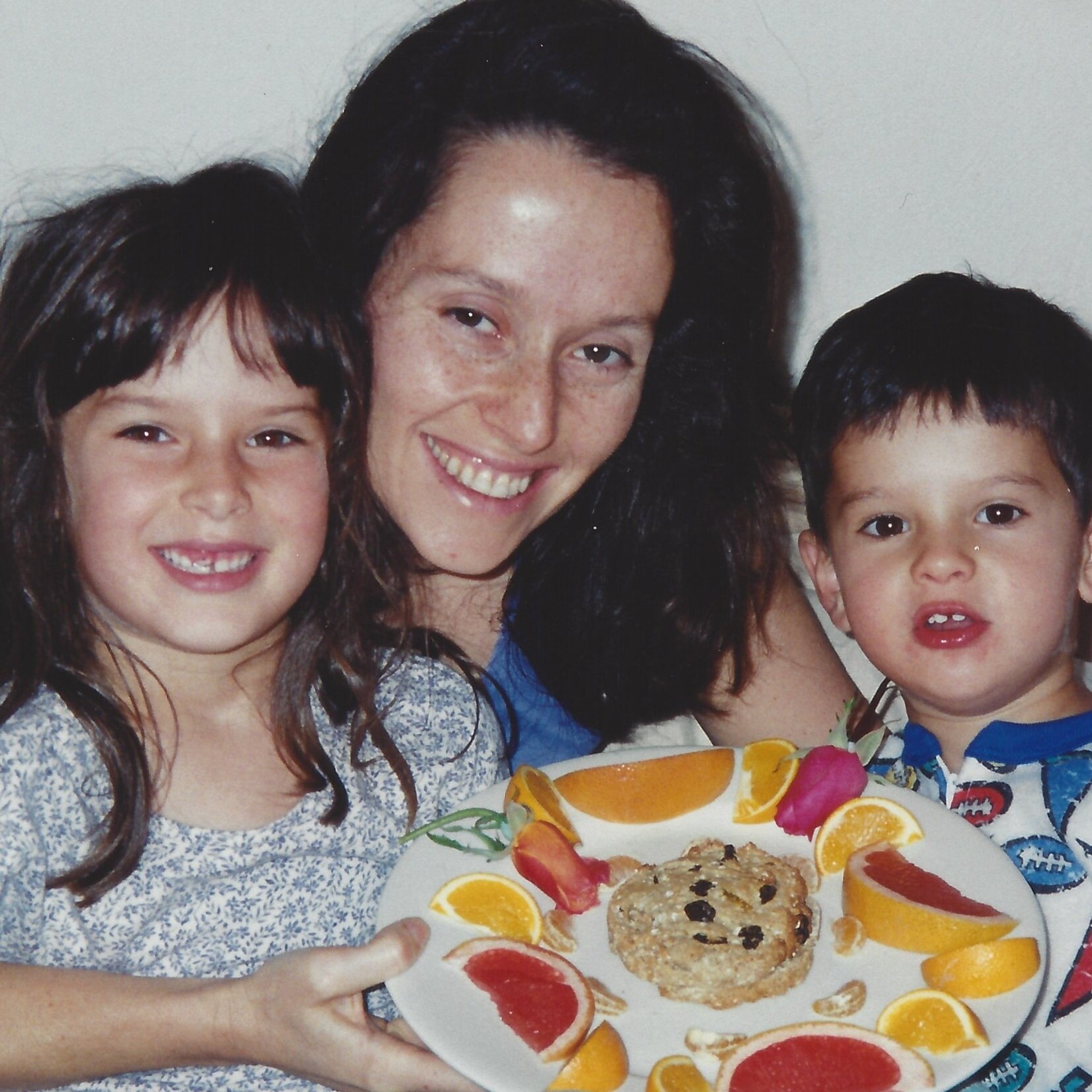Mother’s Day Metta
I sat down to write this Mother’s Day essay on Wednesday, April 21—the morning after George Floyd’s murderer was convicted on all charges. Instead of the upbeat post I intended to create, it feels crucial to acknowledge the gravity of this moment. Along with feeling relieved that justice was served, I am also experiencing a tidal wave of shame and heartbreak over the cruelty and dehumanization that Black Americans have been forced to endure for centuries.
George Floyd’s murder, captured on camera by a brave 17-year-old girl for all the world to see, revealed his cry for his mother during the last minutes of his life. But what if the video did not exist? Based on historical data, only about one in 2,000 killings by police leads to a murder conviction. It is impossible to tally how many mothers’ hearts have been devastated by what has happened to their children. I pray that this situation will finally begin to change, and I know that to become a true ally and agent of change, I must acknowledge that institutionalized racism is still deeply embedded in our country and open myself to the vast outrage and pain that it causes.
Myra’s mother, Edith, holding baby Myra in 1964
Edith holding her newborn granddaughter, Marea, in 1990
Edith at 92, holding her great-grandson, Elián, for the first time
Yesterday, I visited my 92-year-old mother at her assisted living facility with my daughter, Marea, and her new baby, Elián. It was the first time I had ever been in the same room with four biological generations of my family, and it felt monumental. Seeing my mother with her great-grandson, I forced myself to stay silent while yearning to speak these words: “Mom, thank you for summoning the strength to endure the hell of Auschwitz and the murder of your family at only fifteen. Your remarkable ability to survive boundless violence, hatred, humiliation and pain gave precious life to our family. I am immeasurably sorry and immeasurably grateful; grieving, yet overjoyed.”
Witnessing Marea’s love for her newborn son is profound. I am elated, but with great love comes great vulnerability. In addition to the many physical risks that accompany being human, we live in world where prejudice continues to flourish, giving rise to horrendous cruelty. Not only are Marea and Elián Jewish, Marea is married to a woman, and the children they share—my grandchildren—have brown skin.
On this Mother’s Day, I am thinking of the millions of mothers trapped in a culture where they must worry about the safety of their sons and daughters every moment. Whether their children are simply walking down the street, buying gum at the store or driving to visit a friend, their lives are at risk in ways that most white parents don’t usually have to consider. Our country, which supposedly ensures equality for all and reveres the principle of “innocent until proven guilty,” routinely pre-judges Black people, especially young men, as guilty, perceiving them as perpetual threats. These dangerous and degrading biases keep the cycle of racial trauma that began many centuries ago firmly entrenched.
Best-selling author and co-founder of the Omega Institute, Elizabeth Lesser, has been speaking out about how the time has come for humanity to change our hero myths—to move away from extolling the power of violence to what she calls the heroic “tend and befriend” instinct embodied by mothers everywhere. Lesser recently studied the statues in Central Park in Manhattan, finding that the overwhelming majority are war heroes—often depictions of soldiers on mighty horses raising their bloodied weapons. She wondered how our world would be different if instead the park was filled with different types of heroes—statues of women during the pain of childbirth with their compassionate helpers surrounding them.
Myra with her three-month-old daughter, Marea, in 1990
Myra with her two children, Marea and Jeff, treated to breakfast in bed on Mother's Day 1995.
On this Mother’s Day, I want to honor and express gratitude to every mother for the priceless gifts of love they bestow upon their children and the care they so generously provide. This COVID era has required countless additional sacrifices every single day. I hope that honoring the fierce and bottomless love of all mothers for their children can be a force that moves us towards a world where every life feels equally precious and protected, where diversity is fully embraced and appreciated, and every child is given the support and opportunities they need to achieve their full potential.
Along with wishes for a happy Mother’s Day, I’d like to share these heart-opening, aspirational words from a Buddhist metta—loving kindness—prayer that is meant to foster benevolence and compassion towards ourselves and all beings:







